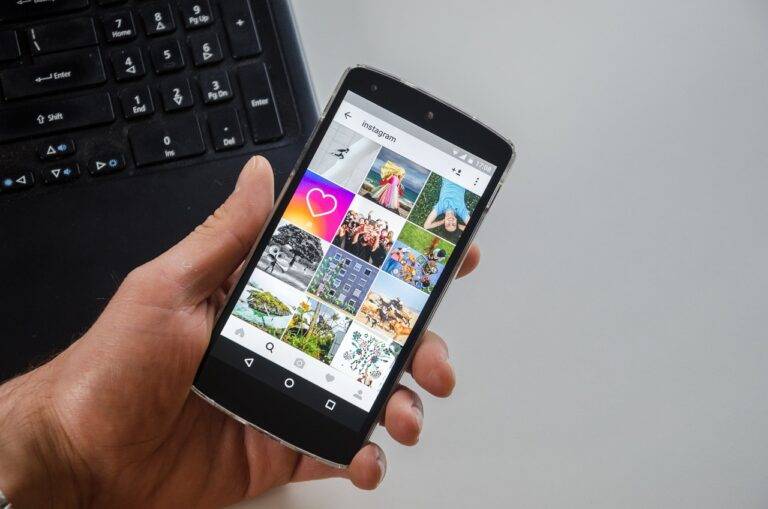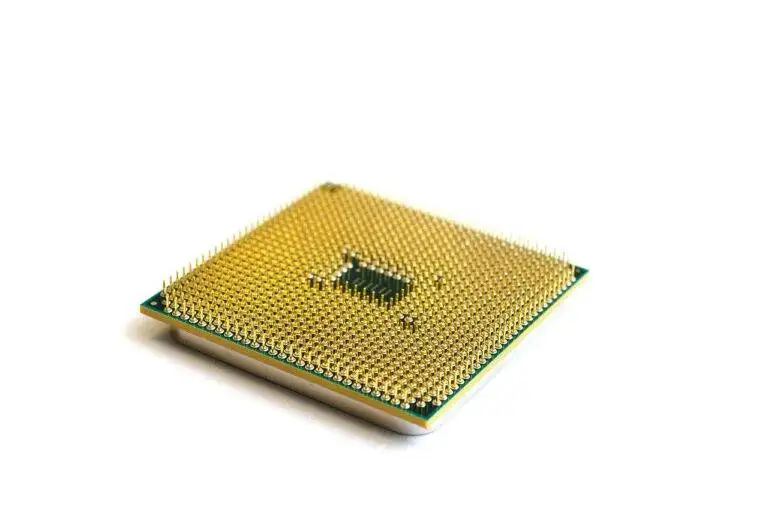The Future of Wearable Technology in Healthcare Monitoring
Wearable devices for health monitoring have made significant strides in recent years. The integration of advanced sensors in these devices allows for real-time tracking of various health parameters such as heart rate, blood pressure, and physical activity. Furthermore, the development of compact and lightweight designs has made these devices more convenient for users to wear throughout the day.
In addition to monitoring physical parameters, wearable devices now also have the capability to track sleep patterns and provide insights into overall sleep quality. This advancement is particularly beneficial for individuals looking to improve their sleep habits and address issues such as insomnia or sleep apnea. The continuous evolution of wearable technology in health monitoring shows promise in empowering individuals to take a proactive approach to managing their health and well-being.
Benefits of Wearable Technology in Healthcare
Wearable technology has revolutionized healthcare by providing continuous monitoring of vital signs and health metrics. These devices can track various parameters such as heart rate, sleep patterns, physical activity, and even detect irregularities in real-time. This data allows for early detection of health issues, leading to timely interventions and improved health outcomes for patients.
Moreover, wearable devices promote patient engagement and empowerment by allowing individuals to take a more active role in managing their health. By providing users with real-time feedback on their health status and progress towards goals, these devices encourage healthier lifestyle choices and adherence to treatment plans. This shift towards personalized and preventive healthcare has the potential to reduce healthcare costs and improve overall quality of life for individuals.
• Wearable technology provides continuous monitoring of vital signs and health metrics
• Tracks parameters such as heart rate, sleep patterns, physical activity, and detects irregularities in real-time
• Allows for early detection of health issues leading to timely interventions
• Promotes patient engagement and empowerment by allowing individuals to take a more active role in managing their health
• Provides users with real-time feedback on their health status and progress towards goals
• Encourages healthier lifestyle choices and adherence to treatment plans
• Shift towards personalized and preventive healthcare has the potential to reduce healthcare costs and improve overall quality of life
Challenges and Limitations of Wearable Health Monitoring Devices
Various challenges and limitations persist when it comes to wearable health monitoring devices. One significant challenge is the accuracy and reliability of the data collected by these devices. Factors such as sensor quality, placement on the body, and user compliance can all affect the trustworthiness of the information gathered. Inaccurate data could lead to incorrect health assessments and misguided recommendations, which could ultimately compromise patient care.
Moreover, another limitation to consider is the privacy and security concerns associated with wearable health monitoring devices. As these devices collect and transmit sensitive health data, there’s a risk of unauthorized access or data breaches. Ensuring that the data is encrypted, stored securely, and only accessible to authorized personnel is crucial to maintaining patient confidentiality and trust in these technologies.
What are some advancements in wearable devices for health monitoring?
Some advancements include improved sensors for more accurate data collection, longer battery life for extended use, and integration with smartphone apps for easy data tracking.
What are some benefits of wearable technology in healthcare?
Some benefits include continuous monitoring of vital signs, early detection of health issues, improved patient engagement and compliance, and remote monitoring for patients with chronic conditions.
What are some challenges and limitations of wearable health monitoring devices?
Some challenges include data privacy concerns, accuracy of the data collected, limited battery life, and the need for healthcare professionals to interpret and act on the data effectively.





